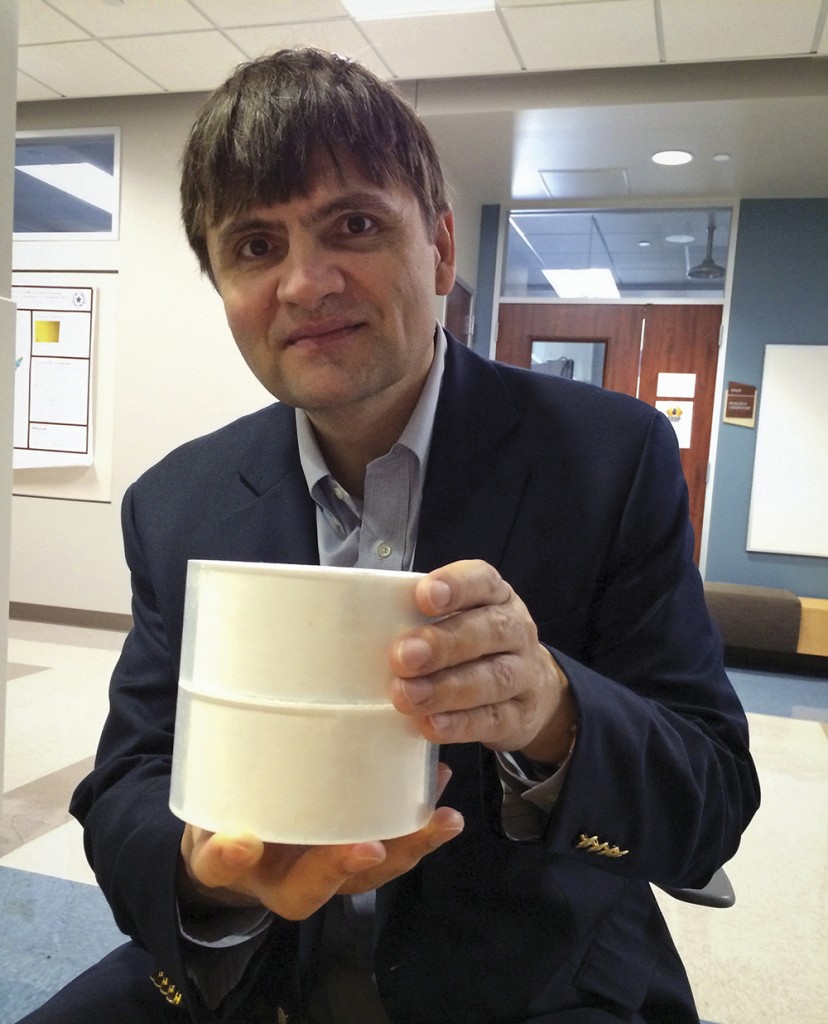Contaminated water: Technology may help Texas control outbreak

Technology developed at the Dwight Look College of Engineering could help Texas control the growing number of human infections caused by fecal contamination in food or water.
Fecal contamination has triggered 54 cases of stomach illness caused by the cyclospora parasite, a single-celled, microscopic parasite that causes an intestinal infection called cyclosporiasis.
A team of collaborators that includes Vladislav Yakovlev, a professor of biomedical engineering, has created a powerful technology capable of sampling water systems to find indicators of fecal matter contamination.
It can detect contaminants that are thousandths and even millionths of times smaller than those found by conventional methods.
The team’s research is funded by the National Science Foundation and is featured in the journal Proceedings of the National Academy of Sciences.
Yakovlev’s collaborators are Marlan O. Scully and Edward S. Fry, distinguished professors in the Department of Physics and Astronomy; and graduate students Joel N. Bixler, Michael Cone, Brett Hokr, John Mason and Ellie Figueroa.

